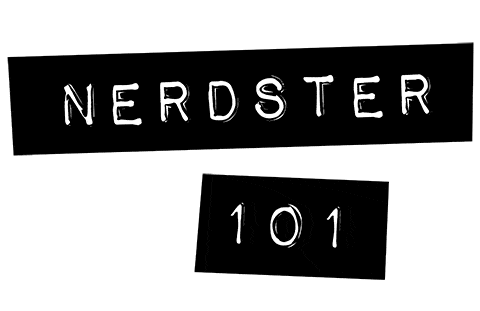– Paradise Lost, John Milton
“The mind is its own place, and in itself can make a heaven of hell, a hell of heaven.”
Introduction
This concise summary offers a comprehensive exploration of John Milton’s epic poem, Paradise Lost. It delves into the book’s key themes, characters, plot, and moral lessons, supplemented with an analysis of the author’s background and the work’s critical reception. This review serves as a useful resource for anyone seeking to understand Milton’s masterpiece in a succinct, organized manner.
Book Information
Title: Paradise Lost
Author: John Milton
Genre: Epic Poetry
Publication Year: 1667
Brief Overview
Paradise Lost is an epic poem recounting the Biblical story of the fall of man, with particular emphasis on Adam and Eve, Satan, and their interactions with God.
Background
Author’s Background
John Milton (1608–1674) was a renowned English poet and intellectual during the 17th century, known for his works in defense of civil and religious rights. His other notable works include “Areopagitica” and “Paradise Regained.”
Publication Context
Paradise Lost was published during a period of religious and political upheaval in England, influenced by Milton’s own Puritan faith and the recent English Civil War.
Character Summary
Main Characters
1. Satan: Formerly Lucifer, the fallen angel who seeks revenge against God.
2. Adam and Eve: The first human beings, living in Eden until their fall from grace.
3. God: The omnipotent, omniscient Creator.
Character Development
Over the course of the poem, Adam and Eve transition from innocence to experience following their disobedience, while Satan devolves from a proud, sympathetic figure into the embodiment of evil.
Plot Summary
Overview
Paradise Lost narrates the fall of Satan from Heaven, his subsequent corruption of Adam and Eve, and their expulsion from Eden.
Setting
The poem is set in various locations, including Heaven, Hell, and the Garden of Eden.
Themes and Motifs
Key Themes
1. The nature of sin and the human condition.
2. The consequences of disobedience and the hope of redemption.
3. The conflict between free will and divine predestination.
Motifs and Symbols
1. Light and Darkness: Representing good and evil.
2. The Forbidden Fruit: Symbolizing knowledge and the fall from innocence.
Takeaway Morals
Morals
The narrative of Paradise Lost underscores the dangers of pride and disobedience, while highlighting the potential for redemption through repentance and divine grace.
Application
These moral lessons resonate in contemporary discussions about personal responsibility, the nature of evil, and the search for redemption.
Analysis
Literary Devices
Milton employs blank verse, rich imagery, and complex allusions to Greek and Roman mythology, as well as the Bible.
Style and Tone
The poem is marked by its grandiloquent style, complex syntax, and solemn, reverential tone.
Critical Reception
Initial Reception
Paradise Lost initially faced mixed reviews due to its radical theological perspectives, but was praised for its poetic brilliance.
Current Standing
Today, it is regarded as one of the greatest works of literature in the English language.
Personal Response
Personal Opinion
Despite the heavy theological discourse, Paradise Lost can be quite the page-turner. Who knew an apple could cause such drama, right? The next time you’re offered fruit, you might think twice!
Recommendation
I’d recommend this epic to those interested in classical literature, religious narratives, or anyone looking for an excuse to turn down a salad.
About the Author
Biography
John Milton was an English poet, polemicist, and civil servant. Born in 1608, his poetry and prose reflect deep personal convictions and address urgent issues of his time.
Literary Career
Milton is known for his extensive influence on English literature, with Paradise Lost being his most acclaimed work.
Book Details
Publication Details
Paradise Lost was first published in 1667 by Samuel Simmons in London.
Structural Details
The poem comprises twelve books, totalling over ten thousand lines of verse.
Conclusion
Summary
In conclusion, Paradise Lost is a profound exploration of sin, redemption, and human nature, offering rich insights into 17th-century religious and political thought.
Final Thoughts
Paradise Lost remains relevant for its exploration of universal themes, its sublime poetry, and its profound depiction of human frailty and divine justice.
-
Père Goriot, by Honoré de Balzac – Quick Book Summary
-
The Wind-Up Bird Chronicle, by Haruki Murakami – Quick Book Summary
-
The Sorrows of Young Werther”, by Johann Wolfgang von Goethe – Quick Book Summary
-
A Room of One’s Own, by Virginia Woolf – Quick Book Summary
